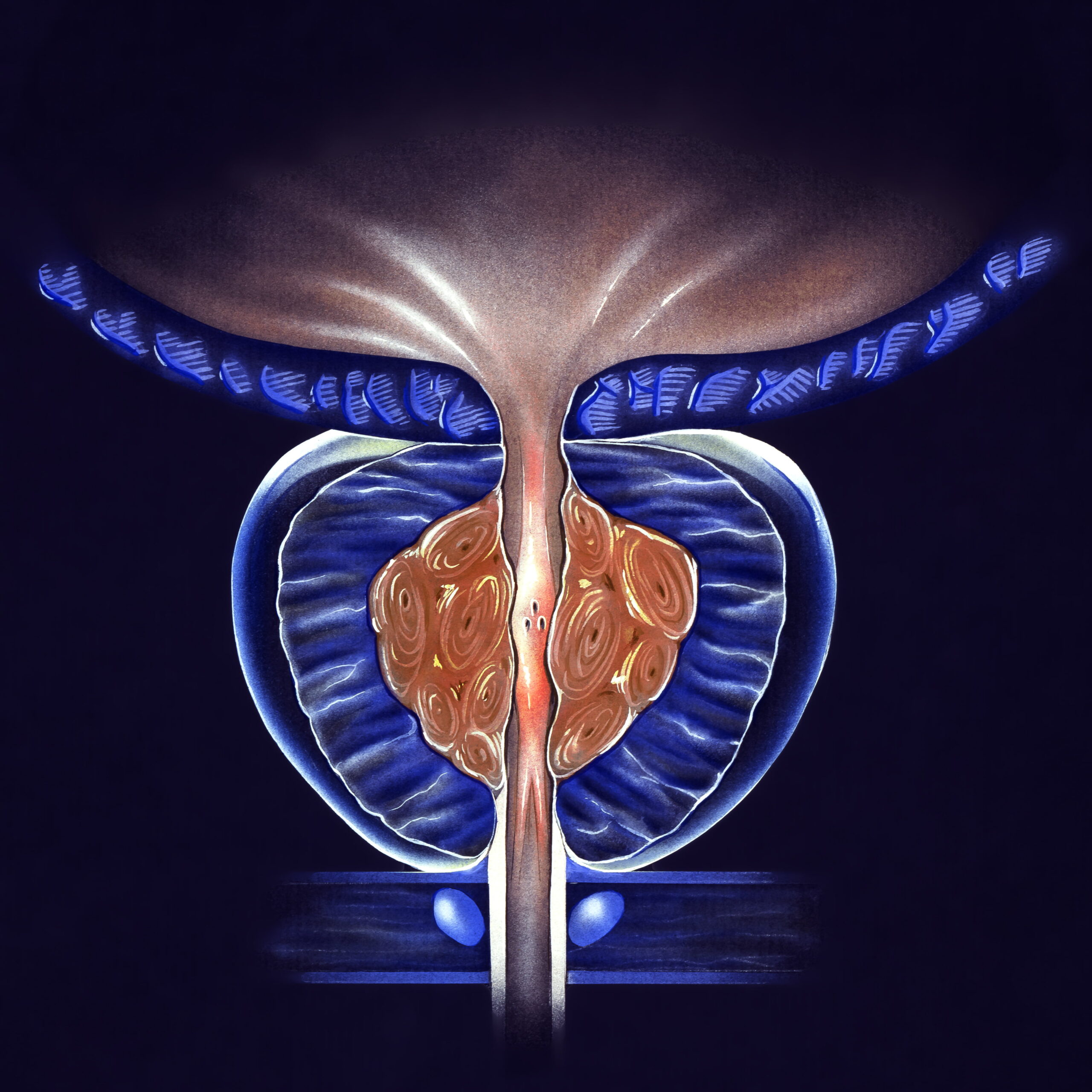Z Urology is dedicated to helping men prevent prostate cancer as well as finding comprehensive treatments if they are diagnosed. Prevention includes living a healthy lifestyle with exercise and a healthy diet. Most importantly, regular check-ups and prostate screenings are crucial for early detection, which is key to prevention.
Treatments depend on the diagnosis and stage of cancer. Common treatments for prostate cancer include:
- Prostatectomy
- Robotic Surgery
- Radiation Therapy
- Chemotherapy
- Immunotherapy
- Targeted Drug Therapy
- Cryotherapy
- Hormone Therapy (ADT)
Many men are able to receive treatment for this disease and live long, healthy lives. Fortunately, advancements in research and technology continue to improve the outcomes of prostate cancer.
Because each person’s case is different, it’s important to discuss all your options with a urologist before making a final decision regarding your care plan. Prostate cancer treatment is designed to improve your quality of life and extend your life expectancy after diagnosis.
Reach out to Z Urology to schedule a consultation about prostate cancer.






